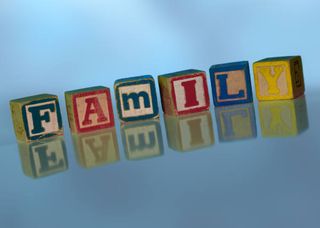 “This time it’s not about the beginning of life or how babies are made. It’s about the end of life — yours — and the many issues and decisions that will confront you and your children.”
“This time it’s not about the beginning of life or how babies are made. It’s about the end of life — yours — and the many issues and decisions that will confront you and your children.”
Back when the kids were kids, it seemed like the “birds and the bees” talk was tricky. However, according to a recent article in The Washington Post, the “aging talk” is far more difficult to grasp. Why is that?
Be sure to read (and share) this article titled “Having ‘the other talk’ with your kids — not storks, but aging.”
More to the point: what do you have to say?
End-of-life planning these days has so much to do with medical and financial planning. You and your loved ones have to understand what health crises may arise, how to handle them or even how to receive the needed care. In fact, nearly 70 percent of people over the age of 65 will need long-term care services late in life. This is itself a financially uncomfortable prospect to think about, let alone discuss.
So what is there to think and talk about?
The original article has a helpful list of the bare essentials. At this point in life – more than ever – all of your planning is related. How does your end-of-life plan relate to your overall plan for your life, your family, and for your estate?
For additional information on estate law and elder law topics in Houston, please visit my website.
Reference: The Washington Post (March 29, 2014) “Having ‘the other talk’ with your kids — not storks, but aging”
 Houston Estate Planning and Elder Law Attorney Blog
Houston Estate Planning and Elder Law Attorney Blog

